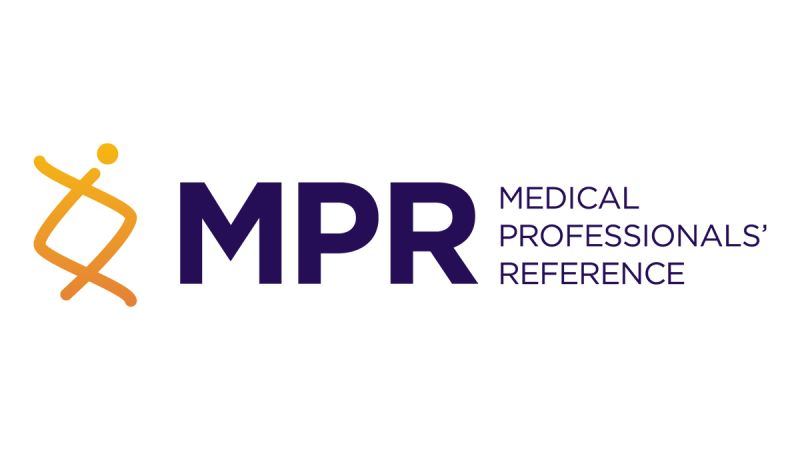
The FDA has mandated a significant labeling update for Veozah (fezolinetant), adding a boxed warning for hepatotoxicity following a postmarketing report of serious liver injury. This oral neurokinin 3 receptor antagonist, used to treat moderate to severe vasomotor symptoms in menopause, now requires specific hepatic function monitoring protocols before and during treatment.
Key Points:
- Prescribers must evaluate hepatic function before initiating Veozah therapy, with strict contraindications for patients showing aminotransferase ≥2x ULN or total bilirubin ≥2x ULN
- Mandatory hepatic laboratory testing schedule includes monthly monitoring for the first three months, followed by tests at 6 and 9 months after treatment initiation
- Treatment discontinuation criteria include transaminase elevations >5x ULN, or transaminase elevations >3x ULN combined with total bilirubin >2x ULN
- Patients require immediate treatment discontinuation if they develop signs of liver injury, including fatigue, decreased appetite, nausea, vomiting, pruritus, jaundice, pale feces, dark urine, or abdominal pain
- The medication remains contraindicated in women with known cirrhosis, severe renal impairment, end-stage renal disease, or those taking concurrent CYP1A2 inhibitors

“The overall benefit-risk of Veozah has not changed and remains positive, but we want to further ensure that patients and health care providers are aware of the potential side effects of Veozah, and the hepatic laboratory testing.”
– Sara Jacobson, Director, Astellas Therapeutic Area Communications
More on Menopause
 PATIENT EDUCATION
PATIENT EDUCATION  OBESITY/WEIGHT MANAGEMENT
OBESITY/WEIGHT MANAGEMENT  EXERCISE/TRAINING
EXERCISE/TRAINING  LEGAL MATTERS
LEGAL MATTERS  GUIDELINES/RECOMMENDATIONS
GUIDELINES/RECOMMENDATIONS 